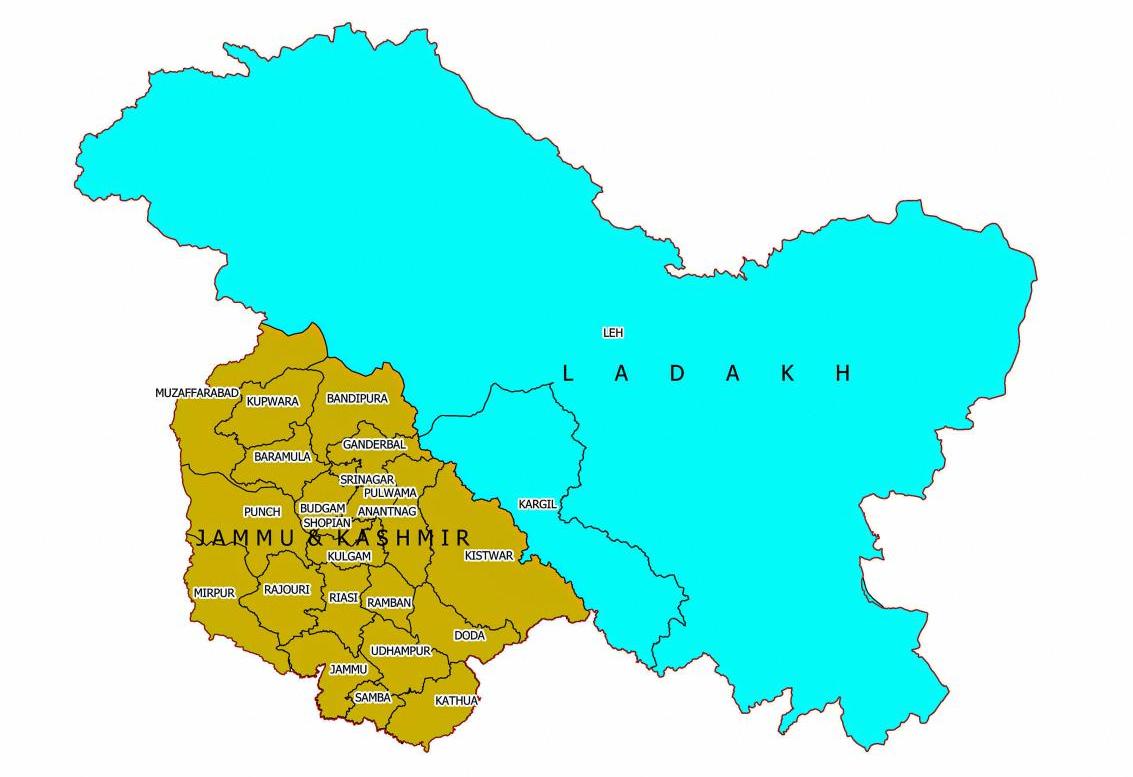Powers to pass orders for inquiry, search, seizure defined
Procedure laid down for arbitration, adjudication of disputes
Mohinder Verma
JAMMU, Aug 4: In order to smoothly carry out the provisions of the Electricity Act, 2003, the Joint Electricity Regulatory Commission of Jammu and Kashmir and Ladakh (Conduct of Business) Regulations, 2022 have been framed and come into force with immediate effect. Under these Regulations, the powers which the Commission will exercise for inquiry, search and seizure in case of violation of the Central Law and for arbitration and adjudication of disputes have been clearly defined.
These Regulations have been framed in exercise of the powers conferred by Section 92 read with Section 181 of the Electricity Act, 2003 and shall extend to the Union Territory of Jammu and Kashmir as well as Union Territory of Ladakh.
As per the Regulations, the Commission from time to time will hold hearings, meetings, discussions, deliberations, inquiries, investigations and consultations in the discharge of its functions under the applicable legal framework. The quorum for the meeting shall be two with the Chairperson present in person or a Member duly nominated by him/her to chair the meeting. If there is no quorum the meeting shall stand adjourned and if the strength of the Commission is two the quorum shall be one.
In order to ensure transparency in its functioning, it has been mentioned that the Commission’s proceedings shall be open to the public, provided that the Commission may, if it thinks fit in any particular case, order at any stage in the proceedings that the public generally, or any particular person or group of persons, shall not have access to, or be or remain in, the room or building where the proceedings are being held.
“The Commission may initiate proceedings suo motu under Section 86 and Section 181 of the Electricity Act, 2003 or on a petition or application filed by any person having an interest in the subject matter of the proceedings”, the Regulations said, adding “the Commission may direct the summoning of the witnesses, discovery and production of any document or other material objects producible in evidence, requisition of any public record from any office, examination by an officer of the books, accounts or other documents or information in the custody or control of any person, which the Commission considers relevant for the matter”.
In accordance with Section 193 of the Indian Penal Code, 1860, who ever intentionally gives false evidence in any stage of a judicial proceeding or fabricates false evidence for the purpose of being used in any of the proceedings, the Commission may, if it is satisfied that the person concerned should be punished with a sentence more than what is provided in Section 345 CrPC, it shall take recourse to the procedure as provided under Section 346(1) CrPC and send the case to the concerned Magistrate for further necessary action.
Even detailed procedure to be followed by the Commission for arbitration and adjudication of disputes has been spelt out in the Regulations. As far as investigation, inquiry and collection of information is concerned, the Regulations said that Commission may make such orders as it thinks fit in terms of the Act and under the legal framework for collection of information, inquiry, investigation, entry, search, seizure and without prejudice to the generality of its powers.
The Commission may, at any time, take the assistance of any institution, consultants, experts, engineers, chartered/cost accountants, advocates, surveyors and such other technical and professional persons as it may consider necessary, and ask them to study, investigate, inquire into any matter or issue and submit report or reports or furnish any information.
As per the Regulations, all relevant provisions relating to review of the decisions, directions and orders as provided in the Code of Civil Procedure 1908, as amended from time to time, shall apply mutatis mutandi for review of the decisions, directions and order of the Commission. However, the Commission may on the application of any party or person concerned, filed within a period of 45 days of the receipt of such decision, directions or order, review such decision, directions or orders and pass such appropriate orders as the Commission may deem fit.


